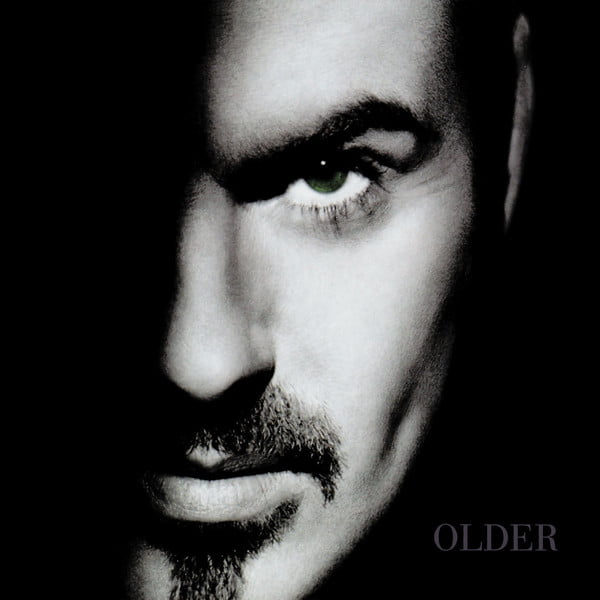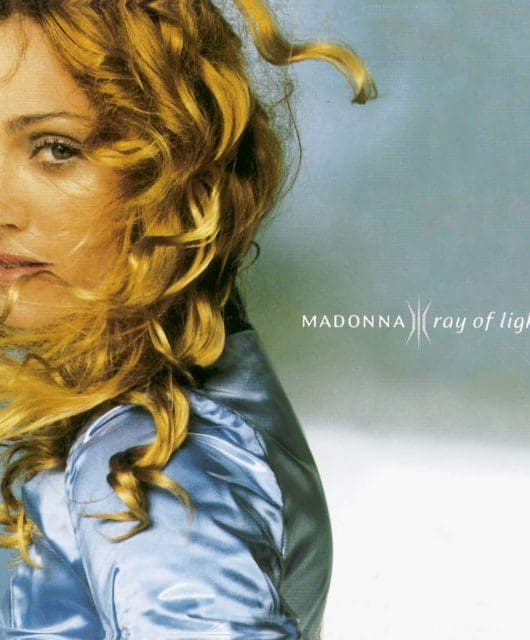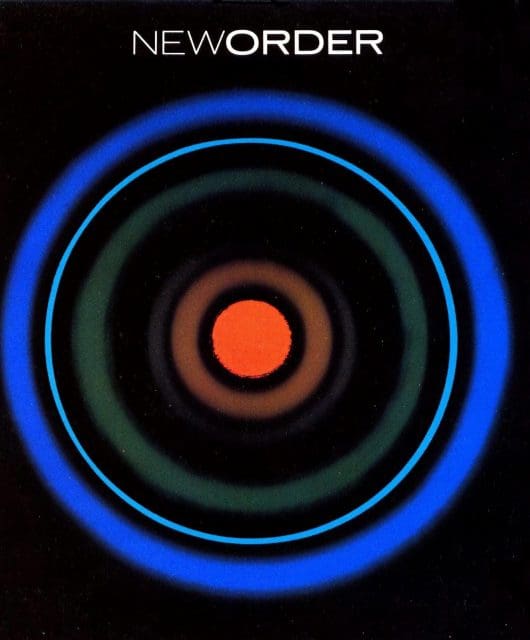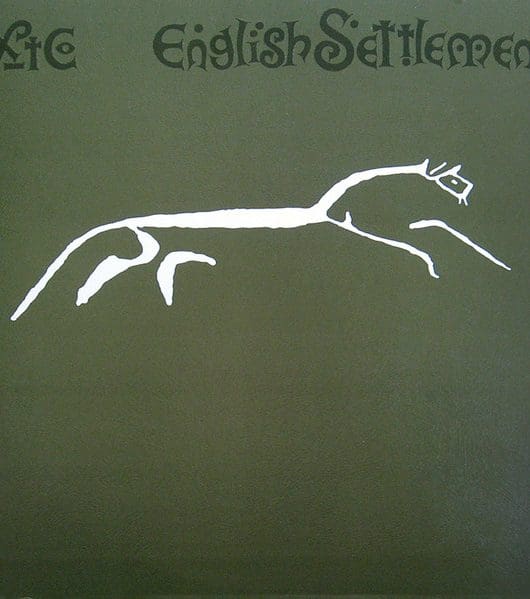Remembering George Michael’s Older
By Steve Harnell | July 19, 2021
George Michael: Older was the former Wham! frontman’s third studio album and his first in over five years…

It took George Michael more than half a decade to release the follow-up to Listen Without Prejudice Vol. 1, but spurred on by personal tragedy and a dogged defiance, he created his finest work – the expansive third solo album Older.
George himself sees the record as his most artistically accomplished, and, in his homeland, it became the most commercially successful of his career – a record-breaking six singles reached the Top 3 across a two-year span.
Older was released on 14 May 1996, three days after the Knebworth feeding frenzy that saw Oasis sell 250,000 tickets in the blink of an eye.
Britpop was at its peak, but George was in no mood to hang on to the coattails of this Anglocentric revisionist movement.
Typically, he stuck to his guns, and Older’s reference points remained his trademark touchstones of soul, R&B and pop, only this time often given a jazzier twist.
Although Michael deftly weaved in synthesised electronic touches to the up-tempo tracks and the stripped-back minimalism of It Doesn’t Really Matter, the overall ambience of Older is of a more organic record, featuring splashes of brass and occasional string arrangements.
One of the major musical inspirations – Older is dedicated to him in the liner notes – is Brazilian composer Antonio Carlos Jobim, credited with bringing bossa nova to the masses and the man behind the iconic hit The Girl From Ipanema.
Even more fundamental to the genesis of the eventual record thematically is George’s late partner Anselmo Feleppa, who died in 1993.
Jesus To A Child, the almost unbearably poignant ballad that opens the album, served as the first of many tributes to Anselmo on Older.
Within a week of writing it, George was singing it in front of the Brandenburg Gate at the MTV Europe Music Awards in November 1994. “I wrote the best, most healing piece of music. It was all systems go from that moment on,” Michael revealed.
In the Freedom documentary the singer added: “The whole experience of losing Anselmo, the period of grief, roughly two years where I didn’t write a note of music [came before] the absolute knowledge that the next album I was going to write would be about grief and recovery. Older is my greatest moment.
“I sat at a keyboard and played a very simple string part, stream of consciousness rubbish comes out of my head, then I sang ‘like Jesus to a child’ and I thought ‘Oh my God, that’s him [Anselmo] and me’. I was so excited that I finally had been able to put my feelings about Anselmo into words.”
Returning to Sarm West Studios where he cut Listen Without Prejudice Vol. 1, this time George had Jon Douglas on board to share production duties on three tracks.
Douglas had a background in soul and R&B, having already worked with Eternal, Gabrielle and Pauline Henry (he’d later be behind hits for Louise Redknapp and team up with Sugababes, Kylie and All Saints, alongside further collaborations with George).
Douglas first met the singer in 1995 while producing Lisa Moorish’s cover of the Wham! classic I’m Your Man. Michael provided backing vocals on the sessions and the pair immediately hit it off.
Themes of grief, recovery and mortality are threaded throughout Older’s 11 tracks. The finely-honed collection came together slowly, with Michael spending three years working on the new material.
It’s arguably the most diverse LP of his career. After the elegant opening ballad comes the upbeat, dancefloor-friendly Fastlove, which explores the theme of using promiscuous sex as escapism.
Meanwhile, Spinning The Wheel flips the theme of promiscuity to warn of its danger in an era where the spectre of HIV and AIDS remained a major concern.
Read our feature on the making of George Michael’s Faith album
Read more: Wham! – Fantastic
“For anyone who had a clue about symbolism, I was coming out,” George later explained. “Fastlove makes me laugh because it’s all about cruising and covering my pain, blunting out that pain with fast love, simple as that. There’s not one track that’s not about Anselmo or the risk of AIDS [for example, Spinning The Wheel].”
For a six-month period while he was recording Older, George felt in reasonable spirits but then discovered that his mother had been diagnosed with cancer.
She died of the disease in February 1997. Indeed, as George worked through his grief for Anselmo and worry about the health of his mother, the tone of the LP veered between searing insights into loss and devastation and a defiant sense of hope.
The bare-bones It Doesn’t Really Matter – just a beatbox, simple keyboard and a few piano flourishes – leaves George’s vocal space to breathe on a song that seems measured and philosophical about a relationship that’s now in the past.
But the songwriter’s torture is never too far from the surface. The world music vibe of The Strangest Thing inhabits a track shot through with pain where “time has been twisting the knife”.
George’s heart-on-the-sleeve lyric adds: “Take my hand; Lead me to some peaceful land that I cannot find inside my head”.
The wistful Burt Bacharach and Antonio Carlos Jobim-influenced To Be Forgiven is similarly pained (“Save me from myself”).
Read our feature on the albums of George Michael
Read more: George Michael – Listen Without Prejudice Vol 1
But Older’s story can’t be summarised as one-note wallowing in self-pity – Michael’s a far more rounded songwriter than that. Move On is a wonderful anthem of hope, with deft supper club atmospherics added to underpin the track’s jazzy arrangement.
Self-aware it may be, but this is no simplistic self-help manual. Michael’s nuanced lyrics would provide a balm for many people suffering grief in the years that have followed.
There’s spirit, too, in the confrontational Star People, where George distances himself from the showbiz pack, musing that their desperate search for fame and approbation comes from a need to fill the hole of an unhappy childhood.
The heart-breaking You Have Been Loved – once again written as a tribute to Anselmo – is a desolate ballad of loss and a return to the idea of an unloving God touched upon in the previous album’s Praying For Time.
An ode to humanism in a cruel world, its tone is measured – a songwriter at last at peace with the traumas that have befallen him.
Free, the sweeping cinematic instrumental with nods to trip-hop that closes the album, draws the curtain on an emotional epic. “Feels good… to be free”, George whispers quietly at the end. His art had brought him to a place of peace… at least for the time being.
George Michael’s official website






